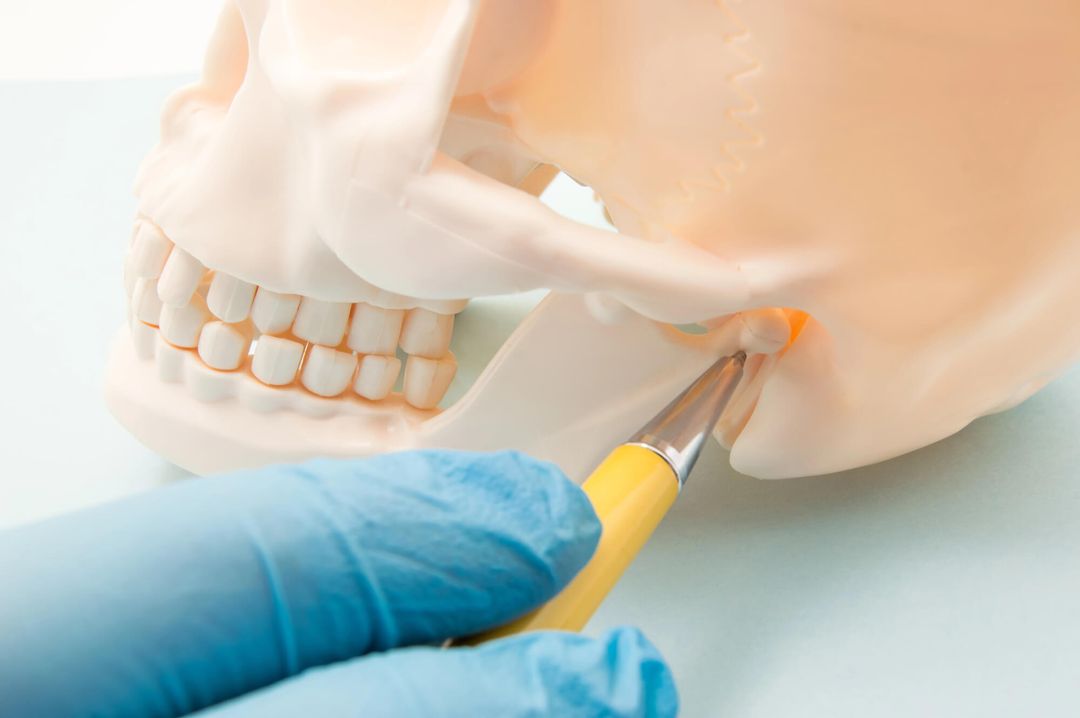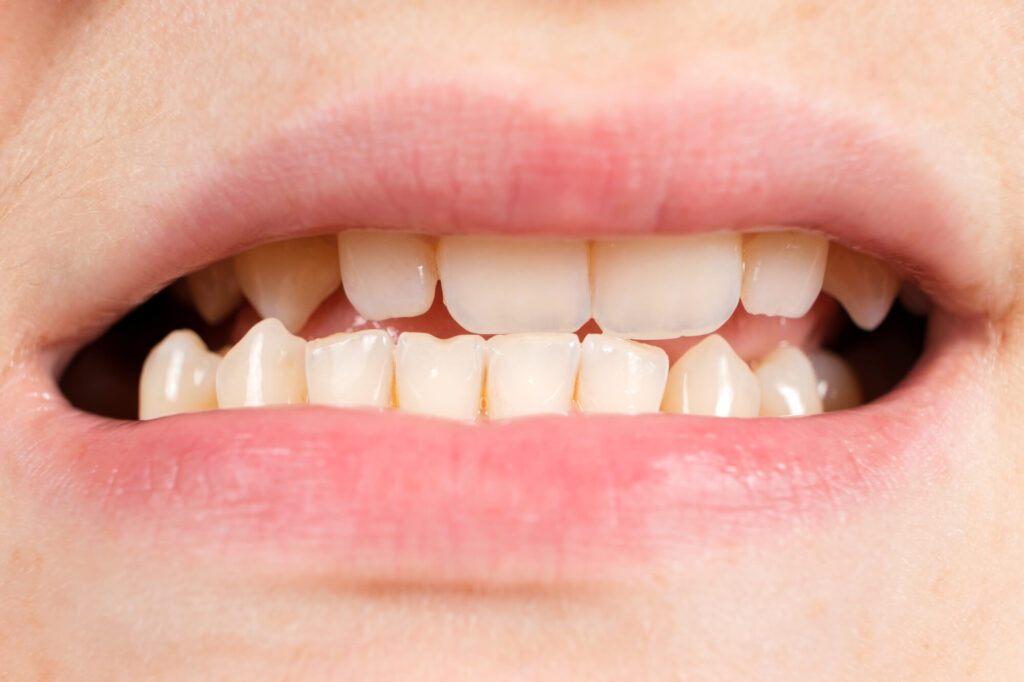
By Thrive Family Dentistry of Auburn | June 5, 2024
Temporomandibular joint disorder (TMD) is a condition that affects the jaw joint and surrounding muscles. If you’ve ever experienced jaw pain, difficulty chewing, or a clicking sound when opening your mouth, you might be familiar with TMD. But the question remains: is TMJ treatment in Auburn, Alabama necessary? Let’s learn the symptoms, causes, and treatment options to understand why seeking professional help can be beneficial.

What is TMD?
TMD refers to disorders affecting the temporomandibular joint, which connects your jaw to your skull. This joint allows you to move your jaw up and down and side to side, enabling activities like talking, chewing, and yawning. When this joint is not functioning properly, it can lead to a range of uncomfortable symptoms.
Symptoms
TMD can manifest in various ways, and its symptoms can vary from person to person. Common signs include:
- Jaw pain or tenderness
- Aching pain around the ear
- Difficulty chewing or discomfort while chewing
- Facial pain
- Locking of the jaw joint, making it difficult to open or close your mouth
- Clicking or popping sounds when moving the jaw
These symptoms can significantly impact your daily life, making it essential to understand whether treatment is necessary.
Causes
The exact cause of TMD is often difficult to determine, but several factors can contribute to the development of this condition:
- Jaw injury: Trauma to the jaw or head can lead to TMJ disorders.
- Arthritis: Both osteoarthritis and rheumatoid arthritis can affect the TMJ.
- Teeth grinding (bruxism): Habitual grinding or clenching of teeth can put excessive pressure on the jaw joint.
- Stress: High stress levels can lead to muscle tension and jaw clenching, contributing to TMD.
- Misalignment: Poor alignment of the teeth or jaw can cause strain on the TMJ.
Why the Treatment is Important
Ignoring TMD symptoms can lead to more severe complications over time. Here are a few reasons why seeking treatment is crucial:
- Pain Relief: TMD can cause significant discomfort and pain. Treatment can help alleviate these symptoms, improving your quality of life.
- Preventing Further Damage: Without treatment, TMD can worsen and potentially cause long-term damage to the jaw joint and surrounding muscles.
- Improved Functionality: Treating TMD can restore normal jaw function, making it easier to talk, chew, and yawn without pain or difficulty.
- Enhanced Sleep Quality: TMD can sometimes lead to sleep disturbances due to pain or discomfort. Addressing the issue can help improve your sleep quality.
Treatment Options
Several treatment options are available for managing TMD, ranging from conservative approaches to more advanced interventions:
- Self-care Practices: Simple changes, such as eating soft foods, avoiding extreme jaw movements, and practicing stress-relief techniques, can help alleviate TMD symptoms.
- Medications: OTC pain relievers and anti-inflammatory medications can help manage pain and reduce swelling. In certain cases, muscle relaxants or prescription medications might be advised.
- Physical Therapy: Certain exercises and stretches aimed at strengthening and relaxing the jaw muscles can provide significant relief.
- Dental Appliances: Using mouthguards or splints can lessen teeth grinding and ease pressure on the TMJ.
- Injections: Corticosteroid injections or Botox can provide temporary relief from TMJ pain.
- Surgery: In severe cases, surgical interventions might be needed to correct structural problems with the jaw joint.

Do You Need TMJ Treatment in Auburn, Alabama?
At Thrive Family Dentistry, we understand the impact TMD can have on your life. Our team is committed to providing personalized treatment plans tailored to your specific needs. Whether you require conservative treatments or more advanced interventions, we are here to help you find relief and improve your jaw health.
Treating TMD is essential for relieving pain, preventing further damage, and improving overall functionality. If you’re experiencing symptoms of TMD, don’t wait to seek help. Contact us today and let us assist you in achieving a pain-free and healthier jaw.


